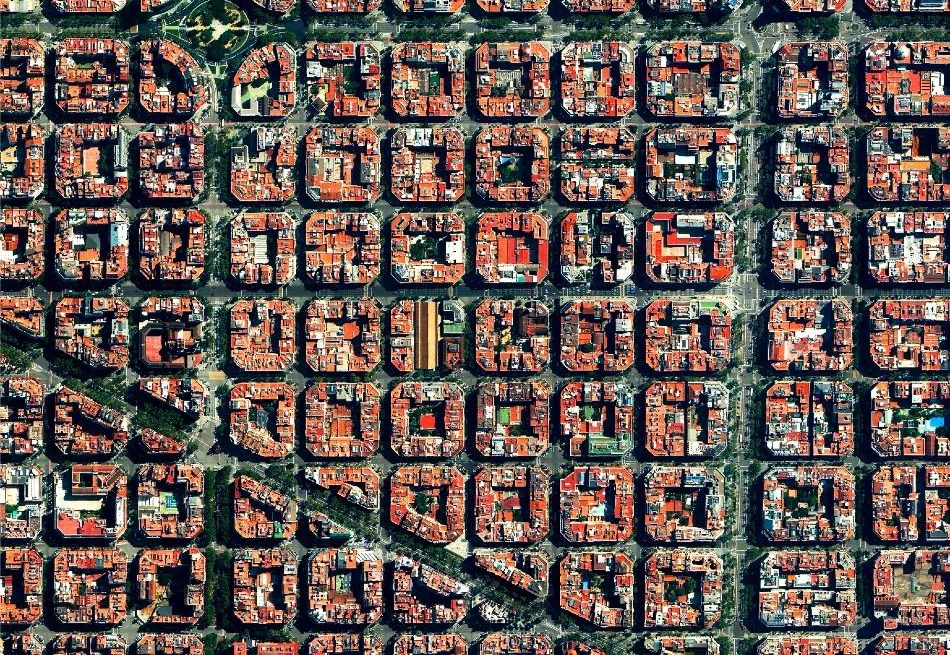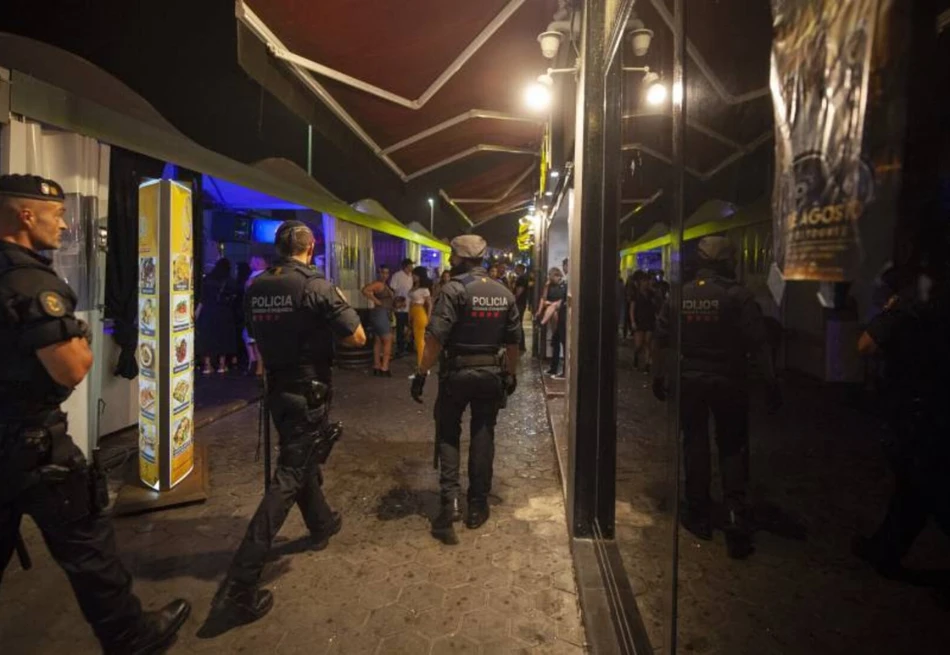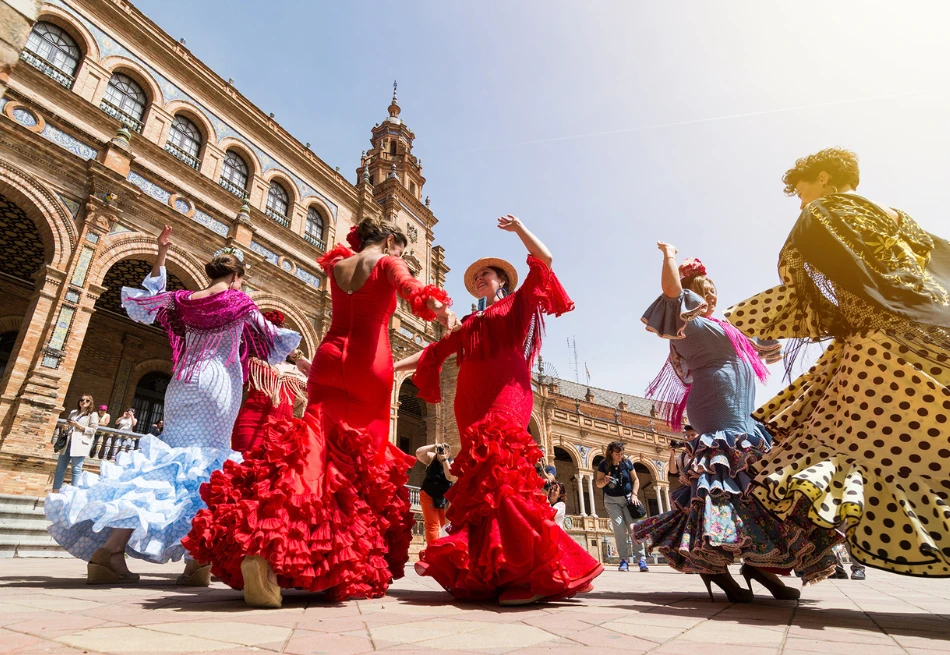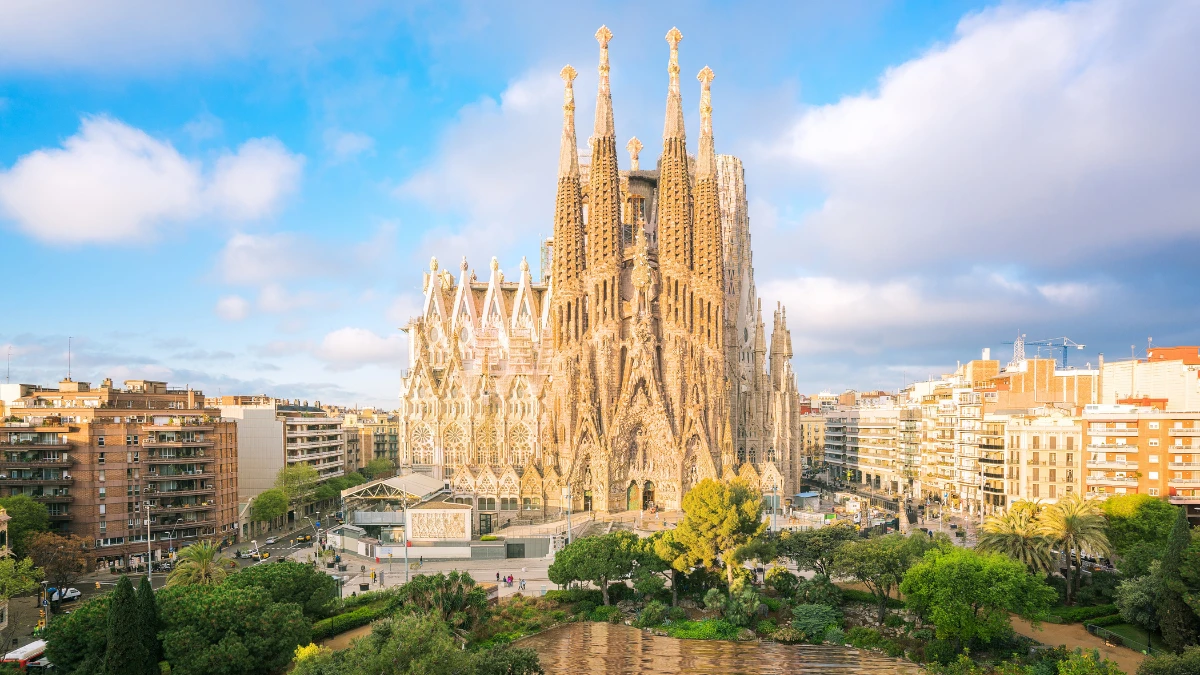Barcelona, the vibrant capital of Catalonia, Spain, is known for its stunning architecture, beautiful beaches, and rich cultural heritage.
As a top travel destination, it attracts millions of visitors each year. But with its popularity, safety concerns naturally arise.
This article provides a comprehensive guide that covers all aspects of safety for travelers visiting Barcelona.
Is Barcelona safe to visit right now?
Yes, Barcelona is generally safe for travelers. The city has a relatively low rate of violent crime, but like any major tourist destination, it is not immune to petty crime, particularly pickpocketing.
The bustling streets of Las Ramblas, the Gothic Quarter, and popular tourist attractions like the Sagrada Familia are known hotspots where pickpockets operate.
However, with some vigilance and common sense, you can enjoy a trouble-free visit to this beautiful city.
Safest areas to stay in Barcelona
When planning your stay, consider these neighborhoods known for their safety and charm:
Eixample

Eixample is known for its wide, well-lit streets and iconic modernist architecture, including Gaudí’s masterpieces.
Eixample is both safe and central, making it a popular choice for tourists. It’s an ideal location for those who want to be close to attractions but also enjoy a relaxed, residential feel.
Gràcia
A bit further from the tourist-heavy areas, Gràcia offers a more local vibe with its quaint squares, independent shops, and cafes.
It’s a safe and lively neighborhood, particularly appealing to those looking to experience the city’s culture without the crowds.
Barceloneta
For those who want to be near the beach, Barceloneta is a great option. It’s a safe area that’s well-patrolled, especially during the busy summer months.
The neighborhood has a laid-back atmosphere and offers easy access to both the beach and the city center.
Areas to be cautious of in Barcelona
While Barcelona is largely safe, certain areas require more caution, particularly at night.
Las Ramblas
This iconic street is a major tourist attraction but is also notorious for pickpocketing. It’s best to visit during the day when the area is bustling with activity.
Always keep your belongings close and be aware of your surroundings to avoid falling victim to theft.
Raval

Adjacent to Las Ramblas, Raval is known for its eclectic nightlife and cultural diversity. However, it has higher crime rates, particularly at night.
While the neighborhood is undergoing gentrification, it’s advisable to exercise caution and avoid less crowded areas after dark.
El Born
El Born is a trendy neighborhood with a lively nightlife scene, especially around its bars and restaurants. While it’s generally safe, the area can get crowded, making it a target for pickpockets.
Staying alert and securing your valuables is essential, especially in busy areas.
Common scams and safety concerns in Barcelona
Barcelona has a reputation for petty crimes, particularly pickpocketing and scams targeting tourists. Here are some common issues to be aware of:
Pickpocketing
This is the most prevalent crime in Barcelona, especially in crowded areas like Las Ramblas, the Gothic Quarter, and on public transport.
Always keep your belongings secure, and be mindful of your surroundings.
Fake petitions and distractions
Scammers might approach you with a fake petition, often for charity, or create a distraction to steal your belongings.
It’s best to politely decline any unsolicited requests and move away quickly to avoid being targeted.
Taxi scams
Overcharging tourists is a known issue with some taxi drivers in Barcelona.
To avoid being overcharged, ensure the meter is running when you start your journey, or use a reliable ride-hailing app like Uber or Cabify, which provides upfront pricing and reduces the risk of misunderstandings.
Navigating Barcelona safely
Barcelona’s public transport system, including the metro, buses, and trams, is generally safe and reliable.
However, pickpockets often target crowded areas and transport hubs, so remain vigilant.
When using the metro, especially on lines that serve major tourist attractions, keep your bags close and avoid displaying valuables.
Walking through Barcelona’s neighborhoods is a great way to explore the city, but it’s wise to stick to well-lit, busy streets after dark.
If you’re out late at night, consider taking a taxi or a rideshare service to your accommodation.
Health and environmental safety in Barcelona
Barcelona enjoys a Mediterranean climate, with mild winters and hot, humid summers.
Temperatures can rise significantly during the summer months, so it’s important to stay hydrated and wear sunscreen if you’re spending time outdoors.
The city’s beaches are clean and generally safe for swimming but always heed local warnings and flags regarding sea conditions.
For health-related concerns, Barcelona has excellent healthcare facilities.
Pharmacies are widespread and usually have someone who speaks English, making it easy to get any over-the-counter medications you might need.
Is Barcelona safe for solo female travelers?
Barcelona is considered safe for solo female travelers, but taking common-sense precautions is essential.
During the day, the city is bustling with tourists and locals, and popular areas like Eixample and Gràcia are safe for solo exploration.
However, it’s advisable to avoid walking alone late at night, especially in quieter areas.
Opting for well-reviewed accommodations with good security measures can enhance your safety. When enjoying the nightlife, stay in groups if possible and keep an eye on your drink.
Cultural and legal considerations in Barcelona

Barcelona is a city with a rich cultural heritage, and respecting local customs can enhance your experience.
The Catalan people are proud of their identity, and it’s appreciated when visitors recognize this by using basic Catalan phrases like “Bon dia” (Good day).
Public drunkenness is frowned upon, and while Barcelona has a lively nightlife, it’s important to drink responsibly.
Legally, Barcelona has strict laws regarding drug use, and smoking in public spaces is restricted.
The city is also known for its stance against public disorder, so maintaining respectful behavior in public spaces is crucial.
Emergency contacts and support in Barcelona
In case of an emergency while in Barcelona, it’s important to know how to get help quickly:
Emergency services: Dial 112 for police, fire, or medical emergencies. This number is available 24/7 and can be reached from any phone.
Non-emergency police assistance: For non-urgent police matters, you can contact the local police at 092.
Local hospitals: Barcelona has several top hospitals, including Hospital Clínic and Hospital de Sant Pau, both of which offer emergency services.
Embassy and consulate information: If you’re an international traveler, keep the contact details of your country’s embassy or consulate handy for assistance with lost passports, legal issues, or other emergencies.
Barcelona is a beautiful and vibrant city that offers something for every traveler.
While the city is generally safe, staying informed about the areas you’re visiting, keeping your belongings secure, and taking common-sense precautions will ensure a smooth and enjoyable trip.
Whether you’re exploring Gaudí’s masterpieces, relaxing on the beach, or soaking in the local culture, a little awareness and preparation can go a long way in ensuring a safe and memorable visit to Barcelona. Safe travels!
